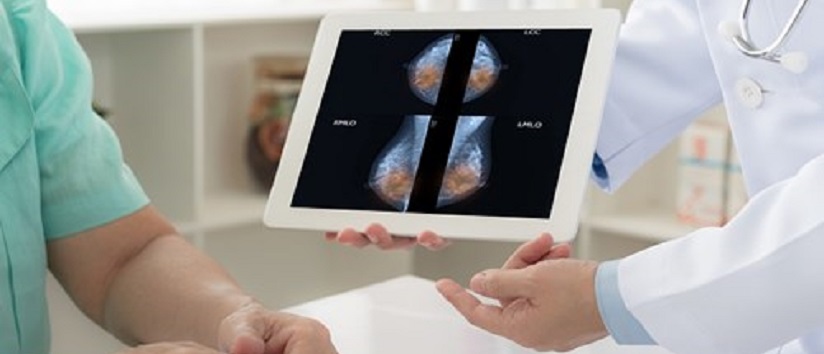Pavilion Publishing and Media Ltd
Blue Sky Offices Shoreham, 25 Cecil Pashley Way, Shoreham-by-Sea, West Sussex, BN43 5FF, UNITED KINGDOM
AI could help to give more accurate breast cancer diagnoses
Researchers at the Karolinska Institutet in Sweden have developed an AI (artificial intelligence)-based method for tissue analysis which enables more accurate diagnoses of breast cancer.
Researchers at the Karolinska Institutet in Sweden have developed an AI (artificial intelligence)-based method for tissue analysis which enables more accurate diagnoses of breast cancer.
The technology hopes to help patients receive the most suitable treatment depending on the severity of their tumour. Currently, roughly half of cancer patients have a ‘grade 2’ tumour, which pose a moderate risk to the patient (grade 1 is low risk and grade 3 is high risk).
Further reading:
The study’s lead author, Yinxi Wang, doctoral student at the Department of Medical Epidemiology and Biostatistics, said that the current guidance on treatment for those with grade 2 tumours is unclear, meaning these patients are at risk of both over- and under-treatment.
The AI-based method enables doctors to recommend the best breast cancer treatment
The study, which is based on an extensive microscopic image bank of 2,800 tumours, showed that AI-based methods of tissue analysis can divide patients with grade 2 breast cancer tumours into two sub-groups, one high-risk and one low-risk.
These groups are clearly distinguishable in terms of the recurrence risk, allowing doctors to make a clearer diagnosis as well as advising the best treatment plan for the patient.
“One big advantage of the method is that it’s cost-effective and fast, since it’s based on microscope images of dyed tissue samples, which is already part of hospital procedure,” said co-author of the study Johan Hartman, professor of pathology at the Department of Oncology-Pathology.
Researchers hope the product will be available by next year
The method is not yet ready for clinical application, but a regulatorily approved product is under development. The researchers will now be further evaluating the method with the aim to have a product out on the market by 2022.
Co-author Mattias Rantalainen, associate professor and research group leader at the Department of Medical Epidemiology and Biostatistics, said: “It’s fantastic that deep learning can help us develop models that don’t just reproduce what specialist doctors do today, but also enable us to extract information beyond the scope of the human eye.”



